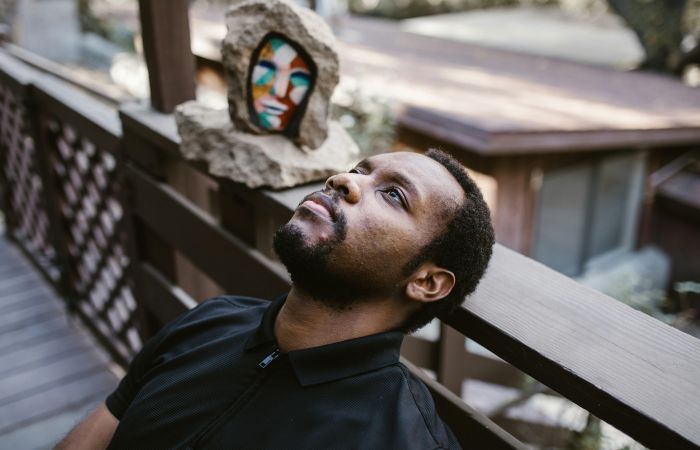
Why is Christmas Celebrated in December? 5 Interesting Facts To Know
It is common knowledge that Christmas is celebrated to commemorate the birth of Christ, but is it celebrated on the 25th of December, to be specific? let's take a closer look at the events that led to this decision
The decision to celebrate Christmas on December 25th is rooted in a combination of religious, historical, and cultural influences. Here’s a closer look at the reasoning and events behind this choice:
The Bible does not specify the exact date of Jesus' birth. Early Christians did not focus on celebrating Jesus’ birth, as their primary emphasis was on His death and resurrection.
December 25th coincides with several pre-Christian pagan festivals, which may have influenced the choice of this date:
Roman Saturnalia (mid-December): A festival honoring Saturn, the god of agriculture, marked by feasting and gift-giving.
Sol Invictus ("Unconquered Sun"): December 25th was celebrated as the birthday of the sun god in the Roman Empire. This date marked the winter solstice, symbolizing the "rebirth" of the sun as days started to grow longer.
The alignment with these festivals likely made it easier to convert pagans to Christianity by adopting and reinterpreting familiar traditions.
Early Christian theologians found symbolic significance in the winter solstice:
Jesus was seen as the "Light of the World" (John 8:12), and His birth near the solstice symbolized the return of light and hope to the world.
December 25th was considered fitting because it came shortly after the darkest time of the year.
In 221 AD, Sextus Julius Africanus, a Christian historian, proposed December 25th as the date of Christ’s birth, possibly influenced by symbolic calculations and theological reasoning.
By the 4th century, Pope Julius I officially declared December 25th as the date for celebrating Christmas. This formalized the practice and helped unify Christian communities under a common tradition.
Not all Christians initially accepted December 25th. Some Eastern Christians celebrated Christ’s birth on January 6th (Epiphany), commemorating both His birth and baptism. Over time, however, December 25th became the predominant date in Western Christianity.
The selection of December 25th was not based on historical evidence of Jesus’ actual birth date but rather on a combination of theological symbolism, adaptation of pagan traditions, and practical efforts to unify Christian observance. By aligning the holiday with existing festivals, early Christians were able to integrate the new faith into the cultural fabric of the Roman Empire.

















